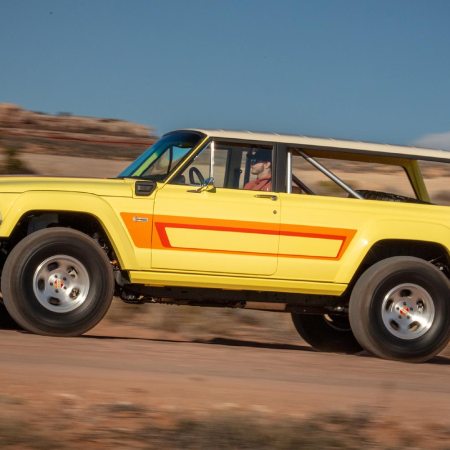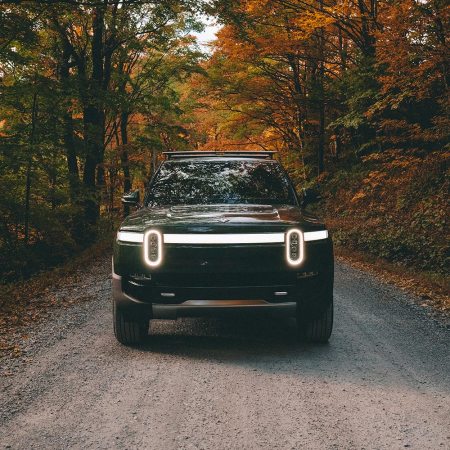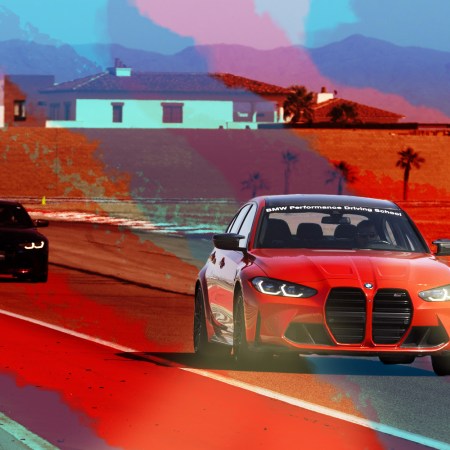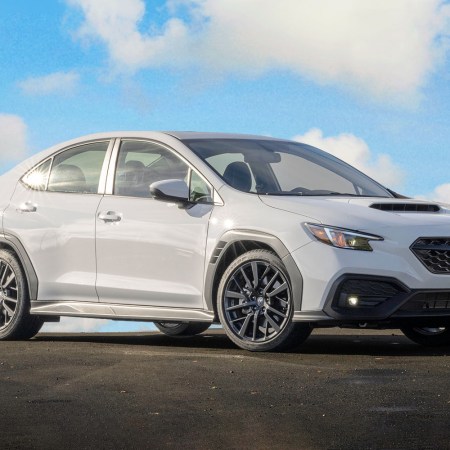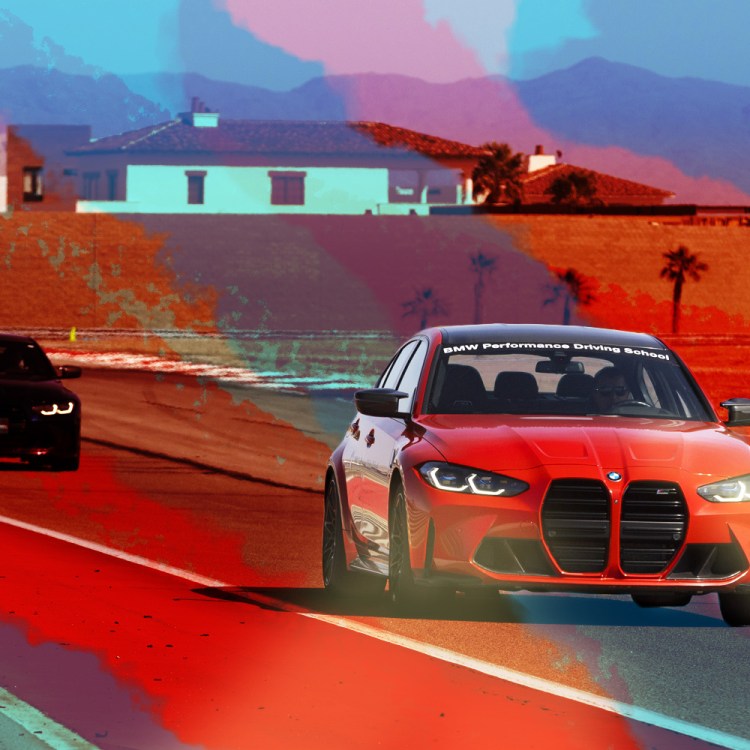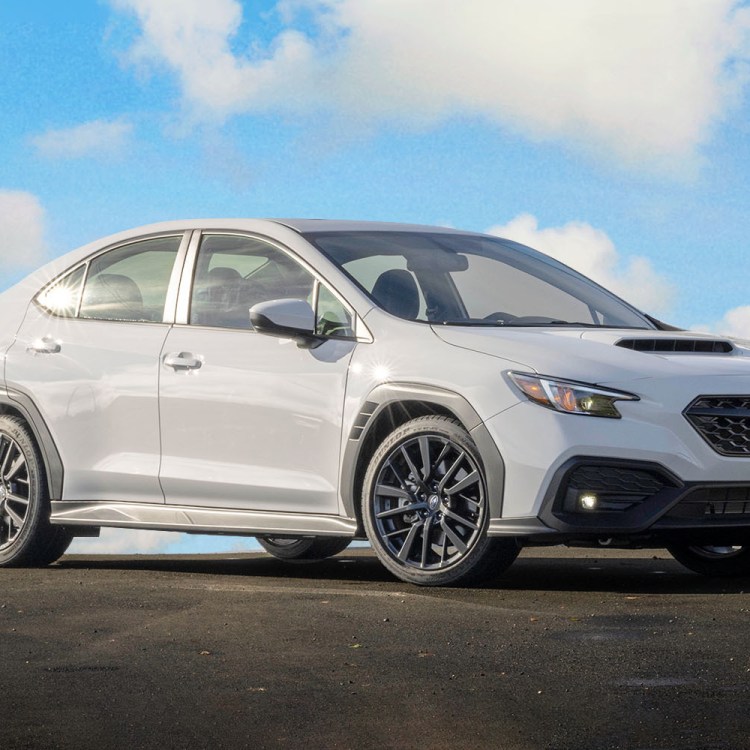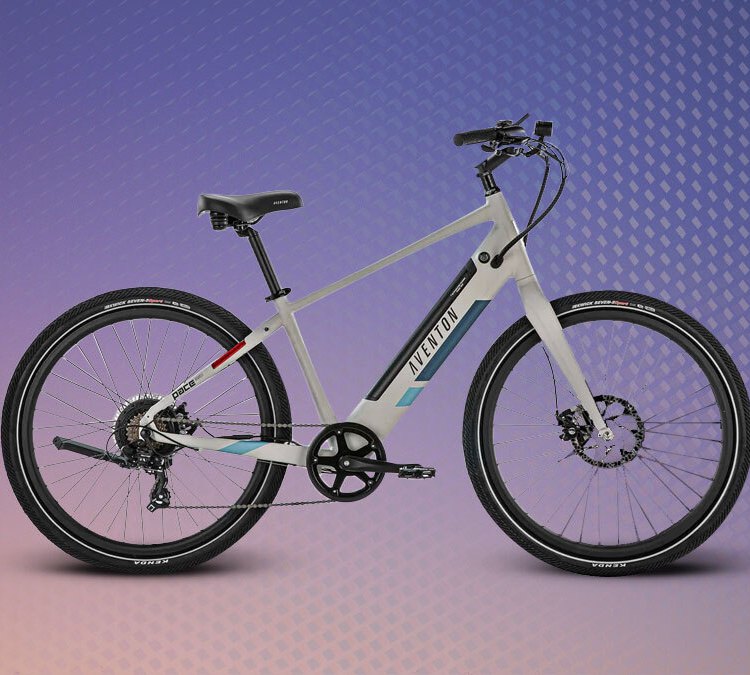Scenario: You order an Uber and the app directs the driver to a location that’s not the address you input, but rather, one with a very similar name or address. Or maybe you’re driving and you type a place name into the GPS and 10 possible addresses populate. Either way, you end up 30 minutes late for an interview/date/parent-teacher conference and your life begins to slowly unravel.
Mapping has come a long way from the days of Thomas Guides, but it can still be annoying, not to mention dangerous if you’re trying to pinpoint a location while behind the wheel. How many Martin Luther King Blvds. are there? And 151 La Cienega could be North, South … and that’s before you even get started on different zip codes.
What3Words has a fix for that. The British firm has mapped the entire globe onto 3m x 3m squares, assigning a unique, arbitrary three-word phrase to each square. There are 57 trillion in total.
The company has been operating in the U.K. for four years and now has services in San Francisco. Technically, it exists everywhere, but they need locations to start advertising their unique tags for it to truly work.
When we saw the demonstration at the L.A. Auto Show at the L.A. Convention Center this week, they clicked on a tiny square on the map — indicating our location — and the three words appeared: taps.means.tags.
So if I hopped in my new Mercedes — the first car company to formally introduce this feature to their vehicles — and typed or voice-commanded taps.means.tags, the car would automatically navigate me to the Auto Show’s registration line at the Convention Center.
The Red Cross and the United Nations have adopted the system to pinpoint humanitarian crises. And What3Words is currently investing in a broader rollout, so you could see it in your searches soon enough.
In the meantime, type any address in here to test the product for yourself.
This article was featured in the InsideHook newsletter. Sign up now.
